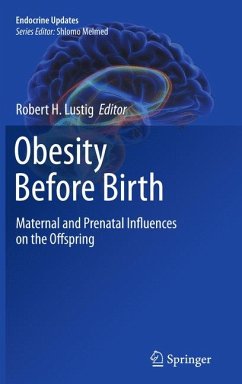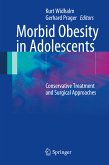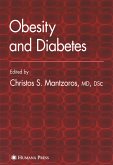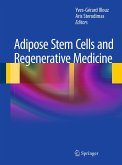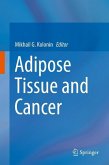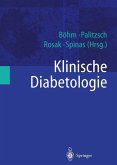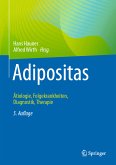Obesity obeys the First Law of Thermodynamics. The routine assumption is that obesity is the result of a mismatch between calories in and calories out; in other words, the result of two divergent behaviors. However, there is mounting evidence that biochemical forces can drive obligate weight gain, and that the observed behaviors of increased energy intake and decreased energy expenditure are secondary to these processes. Furthermore, many of these biochemical forces are determined in utero; resulting in a developmental drive toward obesity and disease in later life. Four distinct prenatal forces have thus far been identified: 1) genetics; 2) epigenetics; 3) developmental programming; and 4) environmental obesogens. This volume explores the evidence for each of these in detail in human and animal models, and attempts to provide a cohesive analysis of the biochemical bases of obesity. This volume will appeal to geneticists, developmental biologists, endocrinologists, epidemiologists, toxicologists, obstetrician/gynecologists, nutritionists, veterinary scientists, animal husbandry researchers, domestic species researchers, and obesity researchers and practitioners. "This very timely volume provides an in-depth scholarly overview of a critical challenge facing our society-the obesity epidemic. Dr. Robert H. Lustig has assembled expert authors to address the fundamental contribution of preprogrammed genetic disorders leading to obesity, as well as the role of very early environmental influences. The chapters range from classic genetic mechanistic understanding through intra-uterine epigenetic influences, factors determining developmental programming, and the new clinical science of perinatal obesogens. Obesity Before Birth: Maternal and prenatal influences on the offspring, brings easily accessible, cutting edge information to geneticists, pediatricians, endocrinologists, as well as those clinicians and scientists pursuing the complex yet elusive causes ofchildhood obesity and related disorders." - Shlomo Melmed, M.D. Series Editor
Dieser Download kann aus rechtlichen Gründen nur mit Rechnungsadresse in A, B, BG, CY, CZ, D, DK, EW, E, FIN, F, GR, HR, H, IRL, I, LT, L, LR, M, NL, PL, P, R, S, SLO, SK ausgeliefert werden.

